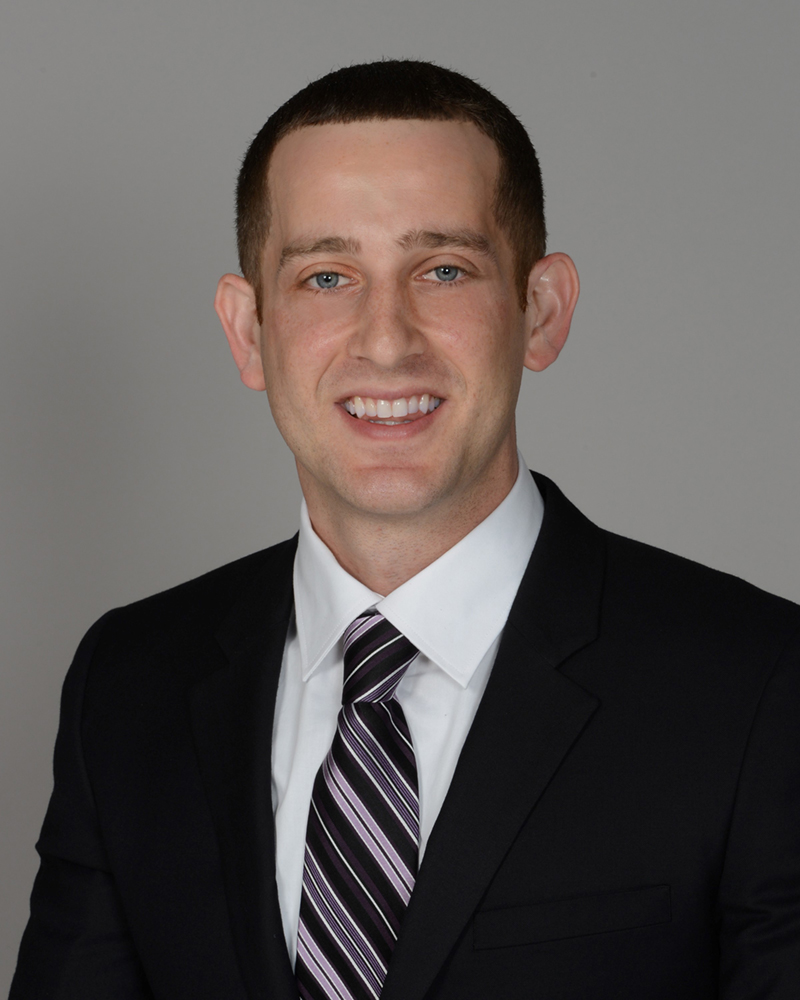By Adam D. Kemper
So your employee has a “debilitating medical condition” and requested an accommodation to use medical marijuana. Now what?
In order to use medical marijuana in Florida, a person must meet the following conditions: have a physician’s certification from a Florida-licensed doctor, be diagnosed with a debilitating medical condition, and have a valid qualifying patient identification card issued from the state health department.
Most Florida employers have not encountered this scenario—yet. Voters passed Amendment 2, which sought to legalize medical marijuana, in November’s elections, and it became law in January.
The amendment didn’t provide much guidance for employers regarding workers who use medical marijuana. I’m here to clarify.
While the law doesn’t directly advise employers on what they can/cannot do, it does provide information they should consider for their workplaces. (The state health department or Legislature might provide additional guidance in the coming months.)
Here is what we currently know:
•Florida employers can prohibit the use of medical marijuana in their workplace. The amendment expressly states: “Nothing in this section shall require any accommodation of any on-site medical use of marijuana … in any place of employment.”
• The amendment does not allow for the operation of motor vehicles while under the influence of marijuana. Thus, employers may prohibit marijuana use for any employees who operate motor vehicles as part of their job responsibilities.
• The amendment states it does not require that anyone violate federal law or purport to give immunity under federal law. According to federal law, marijuana is still illegal and is considered a Schedule 1 drug. Thus, employers technically could rely on federal law and ban the use of marijuana, in any setting and for any purpose.
• The question remains whether an employer should accommodate an employee with a “debilitating medical condition.”
• The amendment defines that as cancer, epilepsy, glaucoma, HIV, AIDS, post-traumatic stress disorder, Lou Gehrig’s disease, Crohn’s disease, Parkinson’s disease, multiple sclerosis or other conditions “of the same kind or class as or comparable to those enumerated, and for which a physician believes that the medical use of marijuana would likely outweigh the potential health risks for a patient.”
Many of the referenced debilitating medical conditions could be considered disabilities under the Americans with Disabilities Act, its amendments or Florida law.
Employers have a legal obligation to provide a reasonable accommodation to a disabled worker upon request. While the current case law is sparse on this direct issue, the current consensus nationwide is that an employer does not have to permit the use of medical marijuana as an accommodation to a disabled employee.
In light of the foregoing, here is what I recommend:
Address your workplace drug and alcohol policy immediately to either completely ban the use of marijuana for any purpose or to keep it limited for medical reasons only—and only if used off-site, provided it does not impair an employee’s ability to safely perform his/her job.
Keep in mind, marijuana can cause impairment during working hours if used off-site, so employee behavior should be monitored. Employers have a responsibility to maintain a safe working environment for all employees. Further, employers can be liable if their employees cause harm to others during the course of duty.
Employers might already know which of their employees might be eligible for medical marijuana, but that does not excuse their obligations to engage in the interactive process upon receipt of a request for a reasonable accommodation. Upon such a request, they should try to find alternatives that work for the employee if there is a ban on the use of medical marijuana.
Discharging a disabled employee for using medical marijuana (in violation of company policy) might be legal, but it needs to be done properly. Consult with a qualified workplace attorney to guide you through this process and assist you in avoiding liability. ↵
Adam D. Kemper is an associate with Greenspoon Marder, a full-service business law firm whose specialties include labor, employment and cannabis law. For information about the subject matter is this column, contact Kemper at 954.491.1120 or adam.kemper@gmlaw.com.













